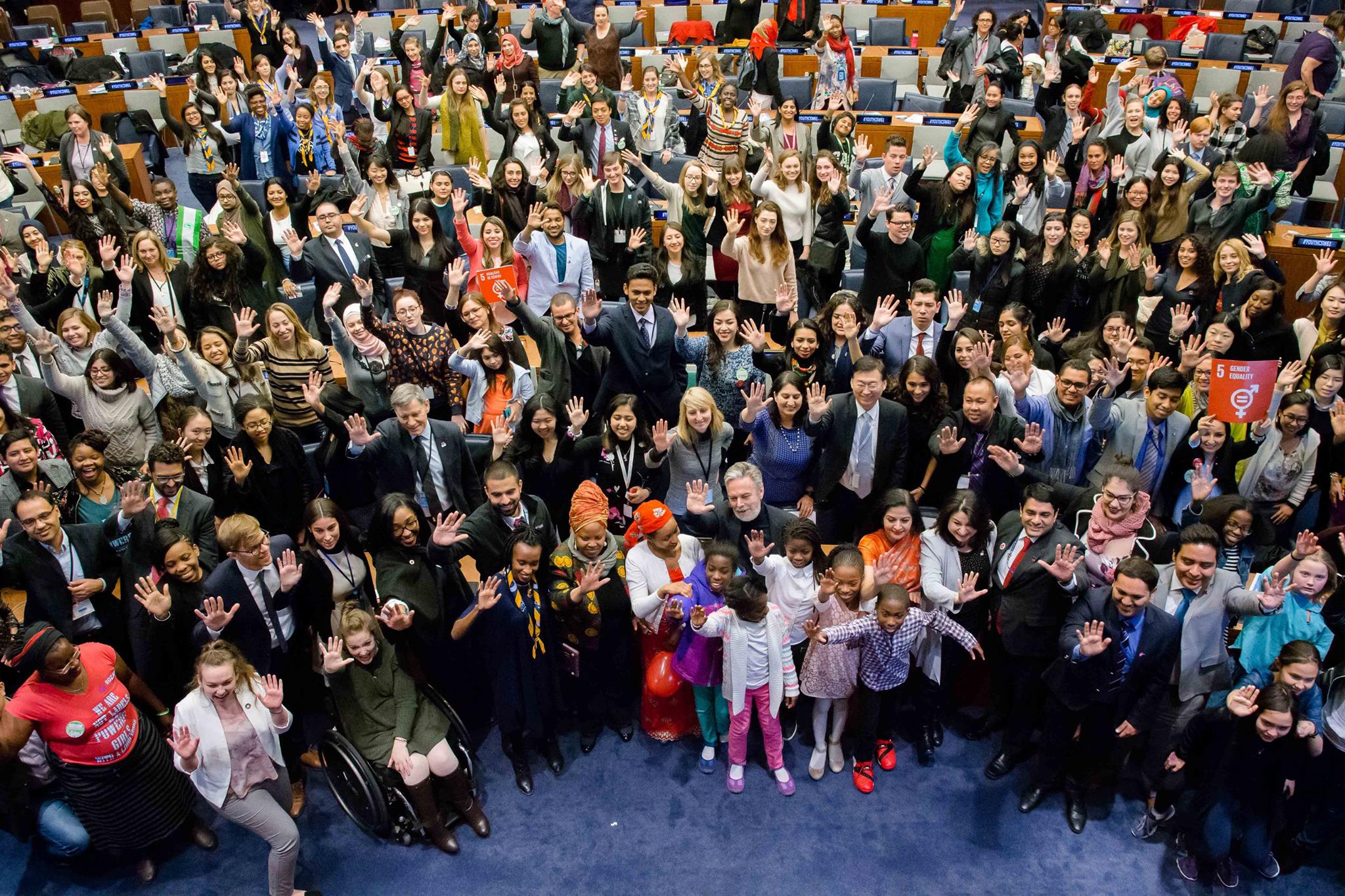


Most nonprofits are small and community-based, serving local needs: 92% spend less than $1 million annually; 88% spend less than $500,000.

Nonprofits employ more than 10% of America’s private workforce – more than manufacturing, construction, or finance.

Less than 3% of nonprofits lobby to advance their missions – compared to 100% with the legal right to do so.
America’s 1.3 million charitable nonprofits enrich the lives of everyone, in ways both seen and unseen. Nonprofit Impact Matters pulls back the curtain and tells the story of nonprofits from their perspective. It also provides practical insights and key national- and state-level data.

President & Executive Director, Nonprofit Coordinating Committee of New York
Vice President for Public Policy and Advocacy, North Carolina Center for Nonprofits
Program Officer, Philanthropy, Ford Foundation
Operating a nonprofit is not easy these days. Several challenges exist. Some are internal to each organization. Others are external and larger than any one organization can address alone. By tapping into the power of nonprofit networks, including for advocacy, nonprofits can continue improving lives and creating more equitable and thriving communities.
The increase in needs for human services has been documented by multiple recent studies cited and explained in the report. Those increasing needs have strained the ability of many nonprofits, especially small to midsized nonprofits in local communities.
Nonprofit missions are vulnerable to actions by policymakers who, whether intentionally or not:
A change in federal law can have nationwide ramifications, but changes in a state’s laws can be just as consequential for the nonprofits in that state. And data show the odds of policy changes being made are much greater at the state than the federal level.
Nonprofits’ strength is in our collective numbers. Nonprofits exist in every community, are closest to the problems, and understand the issues.
Since nonprofits see the solutions to the community’s challenges firsthand, nonprofits should be sharing their insights with policymakers to help them make informed decisions. Policymakers need and deserve to hear the voices of their nonprofit constituents.
Nonprofits have the constitutional right, statutory authority, and moral obligation to advocate and even lobby on behalf of our organizations and the individuals and communities they serve. In fact, charitable nonprofits can—and absolutely should—speak out on matters of public policy that affect their missions.
“The True Story of Nonprofits and Taxes,” Jon Pratt, Nonprofit Quarterly (Spring 2019).

The article presents data showing that while nonprofits received $137 billion in tax preferences from exemptions and deductions, nonprofits paid about $247 billion in taxes and fees to various governmental entities.
Nebraska’s Nonprofit Sector: Economic Impact Report, Nonprofit Association of the Midlands (April 2019).

The report informs policy makers, industry leaders, nonprofit leaders, and community members about the size, focus, and impact of the nonprofit sector on the economy and the quality of community life across Nebraska.
“Giving Is Up Slightly in 2018, But Only Due to Larger Gifts,” Fundraising Effectiveness Project (Spring 2019).

Fundraising Effectiveness Project (Spring 2019). The Project’s 2018 Fourth Quarter Report shows decreases in the number of donors and other key indicators of charitable giving.